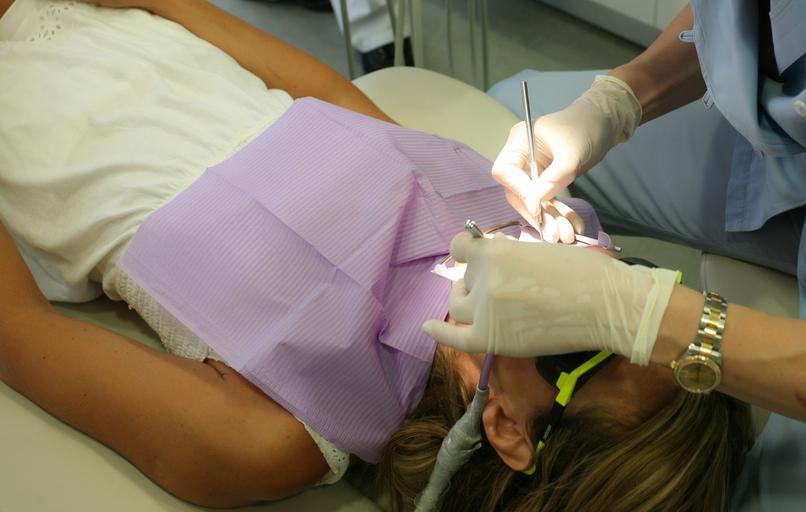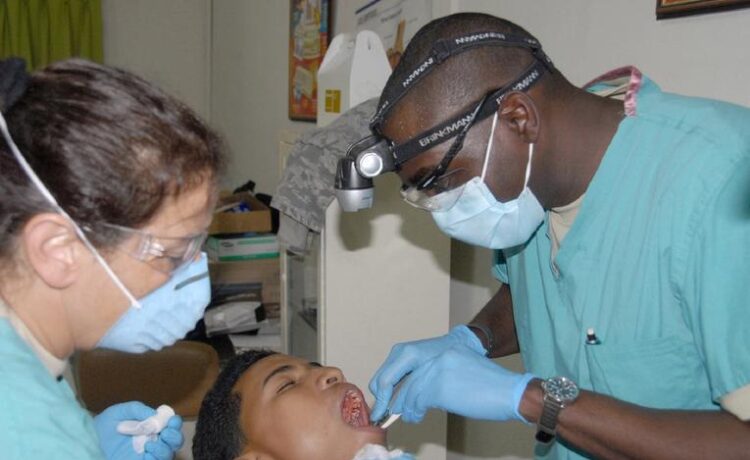In the intricate tapestry of overall health and well-being, dental care emerges as a cornerstone that transcends mere oral hygiene. Beyond the aesthetics of a radiant smile, the importance of dental care extends to encompass systemic health, quality of life, and the prevention of a myriad of health issues. This article delves into the multifaceted reasons why dental care stands as a vital component of holistic wellness, emphasizing its impact on oral health, systemic well-being, and the broader aspects of one’s life.
At its core, dental care is pivotal for maintaining optimal oral health. Regular brushing, flossing, and dental check-ups form the foundation of preventive care, safeguarding against common dental issues such as cavities, gum disease, and bad breath. The simple yet consistent act of oral hygiene acts as a first line of defence, preventing the accumulation of plaque and bacteria that can lead to more severe dental conditions. By adhering to a routine dental care regimen by dentist on queen, individuals not only preserve the integrity of their teeth but also cultivate habits that contribute to lifelong oral health.

Dental care is integral to the prevention and early detection of oral diseases. Routine dental check-ups provide an opportunity for dentists to assess the health of teeth and gums, identify potential issues, and intervene before they escalate. From the identification of cavities and periodontal disease to the screening for oral cancers, dental examinations play a crucial role in the timely diagnosis and treatment of various oral health conditions. Early intervention not only preserves oral health but also mitigates the risk of complications that can impact overall well-being.
Beyond the confines of the mouth, the importance of dental care resonates with systemic health. Research has established a significant connection between oral health and various medical conditions, including cardiovascular diseases, diabetes, and respiratory issues. Poor oral hygiene and untreated dental infections can contribute to systemic inflammation, affecting vital organs and exacerbating existing health conditions. Prioritizing dental care becomes a proactive measure in promoting overall health and reducing the risk of systemic diseases linked to oral health.
The impact of dental care on systemic health extends to the relationship between oral health and cardiovascular diseases. Studies have suggested a correlation between periodontal disease, characterized by inflammation of the gums, and an increased risk of heart disease. The inflammation associated with gum disease may contribute to the development of atherosclerosis, a condition where arteries become narrowed due to the buildup of fatty deposits. By prioritizing dental care and maintaining optimal oral health, individuals can potentially mitigate one of the risk factors associated with cardiovascular issues.

Diabetes, a prevalent chronic condition, is intricately linked to oral health, highlighting the intricate interplay between the mouth and the body. Individuals with diabetes are more susceptible to gum disease, and conversely, untreated gum disease can adversely affect blood sugar control in diabetics. The bidirectional relationship underscores the importance of dental care for those managing diabetes. By managing oral health, individuals with diabetes can contribute to better overall health outcomes and potentially reduce the impact of diabetes-related complications.
Respiratory health is another area where dental care plays a significant role. Oral infections, such as periodontal disease, can contribute to respiratory issues when bacteria from the mouth are aspirated into the lungs. This can be particularly problematic for individuals with compromised respiratory health, such as those with chronic obstructive pulmonary disease (COPD).





